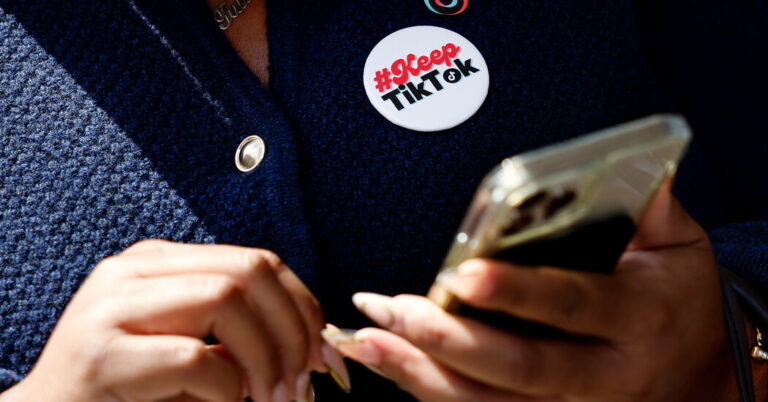Here is the plain text result:
Bryan Johnson, a tech entrepreneur turned longevity guru, walked people through his morning routine in a Netflix documentary. He wakes up early to conduct audio therapy and hair therapy, does an hour of exercise, and takes 54 different pills with a drink called “the green giant”. He also talked about his long-life start-up, Blueprint, which sells health supplements, blood-testing equipment, and other products tied to his personal diet and recommendations.
Johnson’s goal is to achieve the lowest possible biological age. He has become known for experimenting on his own body to defy aging, captivating the media and his nearly four million social media followers by receiving the blood plasma of his then-17-year-old son and repeatedly shocking his penis to increase his erections.
His fame has also appeared to catapult Blueprint to success, with Johnson hailing the start-up as “one of the fastest-growing companies in the world, fueled by word of mouth”. However, away from the cameras, his closely curated profile and Blueprint’s business are starting to show cracks, especially with a brewing fight over Johnson’s use of legal documents: confidentiality agreements.
For nearly a decade, Johnson has used these agreements to control his image and the companies he built upon that image. His employees, sexual partners, vendors, and contract workers have had to sign the documents, sometimes in exchange for settlements, severance, or continued employment at his firms. However, now those agreements are backfiring, as some of his workers are banding together to challenge them.
At least three of Johnson’s former employees, including a former fiancée who worked for him, have recently filed complaints with the National Labor Relations Board about his confidentiality agreements. They said the terms they signed were “overbroad” and accused Johnson of violating federal laws that protect workers who want to speak about their workplace conditions.
People close to Johnson and Blueprint have increasingly chafed at the agreements as the start-up has faced mounting financial and product-quality questions that some thought should be made public, former employees and others with knowledge of the company said.
Mr. Johnson declined to answer many questions from The Times. In a post on X, he said confidentiality agreements “try to create clear boundaries and expectations, so that trust isn’t left to chance”.
Even as concerns grew over what Johnson was saying publicly versus privately, many employees were afraid to challenge him and his confidentiality agreements. They had a cautionary tale: Taryn Southern, who was Johnson’s former fiancée and an employee of his brain-technology start-up, Kernel.
Many Blueprint employees followed the developments in Southern’s lawsuit, in which she contended that Johnson had breached a promise to pay her $150,000 in exchange for rent and moving out of their home after their breakup.
Mr. Johnson successfully moved the lawsuit to arbitration. In 2023, an arbitrator ruled that Southern must adhere to her employment separation agreement, which included terms that said she could not sue Johnson. He then countersued for his legal fees, with Southern ordered to pay more than $584,000 to him.
In 2023, Johnson posted a 16-minute YouTube video saying he was a victim of “the dark underground accusation economy”. He also spoke to Vanity Fair for an article that included his relationship with Southern.
Ms. Southern felt she could not respond because of the confidentiality terms. Her social media accounts and email inbox filled with attacks from Johnson’s fans.
“Caner treatment and my termination and everything I had to go through — that was all awful,” Southern said. “But what felt worse was not being able to share the truth when I was being publicly attacked.”
Other employees heard about Southern’s legal strategy. In February, Contento, the former assistant to Johnson, filed a similar complaint to the N.L.R.B. through the same lawyer, Bruenig. Southern said Contento had learned about her through her complaint. A third former employee of Johnson’s soon filed a complaint similar to the other two.
Because the employees filed in a concerted effort against Johnson, federal law protects their ability to speak about workplace conditions, Bruenig said. He added that the N.L.R.B. was investigating Southern’s complaint.
Source link




